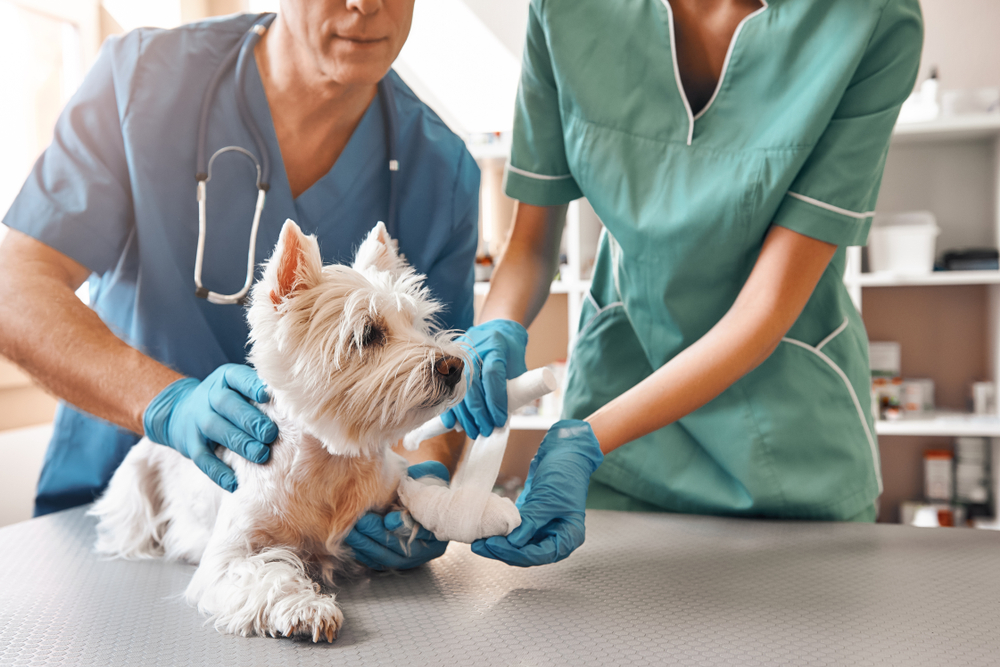So, what’s the difference between urgent and emergency care?
It’s not always easy to define, but in general, emergency care is needed for life-threatening injuries or illnesses that require immediate hospitalization. Urgent care, on the other hand, is for situations that fall between emergency care and regular vet visits—when you know something’s wrong with your pet and it needs to be seen by a vet as soon as possible.
If you’re ever unsure about whether your pet needs urgent or emergency care, don’t hesitate to reach out to us—we’re here to help you decide. In the meantime, take a look at this list of common pet ailments to help guide your decision.

